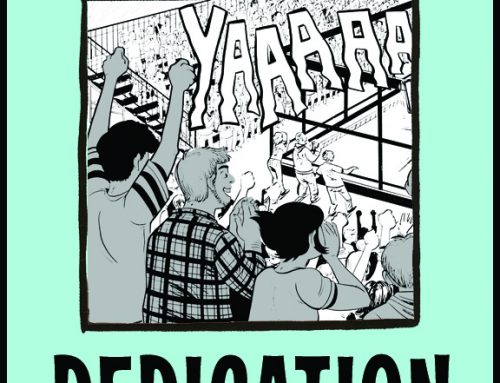test heading
(this post was suggested by the excellent Ali Wilgus; this is a photo of part of one of the walls of my office)
Business cards are a thing that a lot of people have!
Should you make some?
If you are a person who goes out into the world a lot and frequently meets people you want to keep in professional contact with, you should definitely make business cards! Even if you only go out into the world and make professional contacts a moderate amount or occasionally, it’s good to have business cards if you’re meeting people that you want to keep in touch with. If you EVER find yourself in a situation where you’re like, ‘off I go to this event to meet people who may be able to help out with my career!’ you should consider making some business cards and bringing them along.
(If you’re a cartoonist, making and giving away mini-comics may serve the same purpose, as long as you put your name and contact information on them.)
Because seriously, what is the point of going to ALA and saying, ‘off I go to ALA to tell librarians how awesome I am and that they should all have me at their libraries to speak about the wonder of comics and graphic novels!’ and then leave all those librarians you meet with no way of contacting you?
What information should you put on your business cards?
Your name! It’s always good to put your name on your business cards. That’s the easiest way for people to look you up, or to remember who you are.
Some form of classification! Are you an illustrator? A publisher? A mini-comics distributor? An academic? It’s good to make that clear on the cards you give people, so when they’re at home a week later, having been attacked by Con Brain and misplaced their memory, they can say, ‘yes, I should e-mail this illustrator about coloring work — and this mini-comics distributor about mini-comics work’ instead of, ‘who is Jane Doe again, and what did she want?’
Some form of contact information. This can be an e-mail or phone number — whatever the best way for people to contact you is. Remember that you’re giving these business cards only to people who you want to be calling or e-mailing you, so this shouldn’t be, ‘that e-mail account I never check,’ or ‘Wait, I have how many messages on my phone? From how long ago?’
Optional things: your social media handles, your address, your website, your fax number. These can all be useful to include, depending on what purpose you’re handing business cards out for. For example, are you a mini-comics distributor who wants people to fax you orders? Definitely include your fax number! Are you an artist who’d like people to visit your website and look at your portfolio, or follow you on social media? Definitely include your website URL and your social media information. If you’re just using your card as, ‘this is proof I really do work for who I said I did!’ these things may not be as useful.
I also think it’s great when illustrators put their own art on their business cards. Art styles are so unique that this makes it super-easy for people to remember instantly what person the card belongs to!
Extra utility bonus: I prefer when cards have copy and/or illustration on the front and a plain back. Why? So I can write down any notes I take from my conversation with the person who gave me the card — ‘has a project she will submit to us about the origin of pizza!’ or ‘send a copy of Andre the Giant to this person for possible classroom adoption.’
One of the interesting things about business cards is that they’re potentially around for a long time! So years after you give one to someone, they may come calling.





